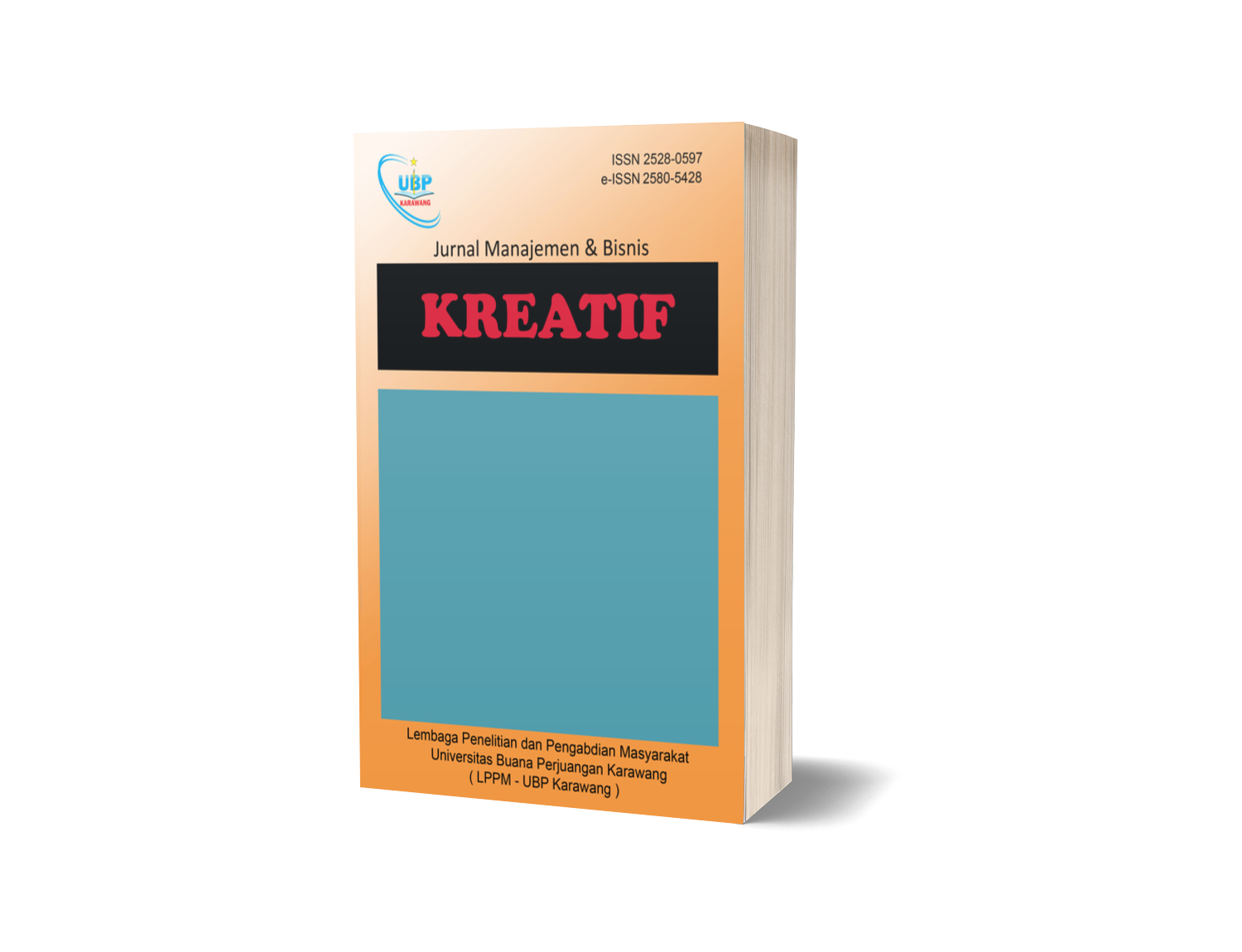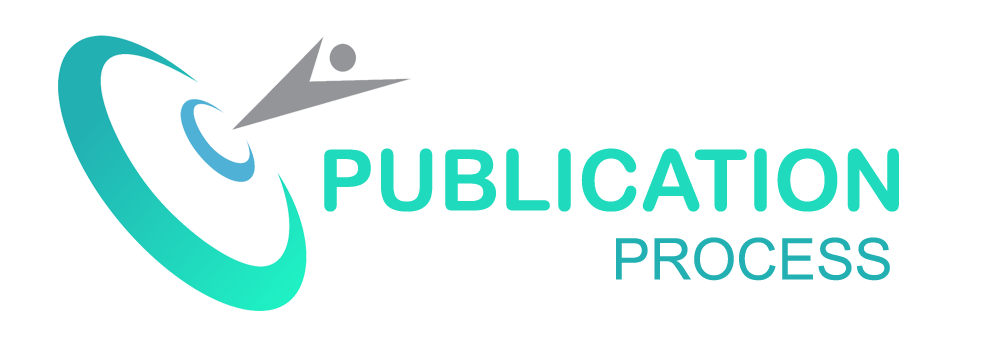Transformasi Budaya Organisasi di Era Digital: Analisis Model Hybrid Culture dalam Adaptasi Kerja Jarak Jauh
DOI:
https://doi.org/10.36805/g99rt148Keywords:
organizational culture, digital culture, hybrid work, adaptive structure, value transformationAbstract
The transformation of organizational culture has become increasingly critical in the context of the rapidly evolving hybrid work environment following the pandemic. The conventional culture centered on physical presence is shifting towards one that emphasizes flexibility, autonomy, and digital collaboration. This study aims to examine the dynamics of organizational cultural change through the hybrid culture approach. Employing an exploratory case study design with a descriptive qualitative methodology, data were obtained through semi-structured interviews, document analysis and literature review, and analyzed using thematic analysis. The findings identify three central themes : the redefinition of work values grounded in trust and performance outcomes; structural adaptation through agile management and digital leadership; and the integration of inclusive and representative digital cultural symbols. The study underscores that cultural transformation extends beyond the digitalization of work processes to encompass a comprehensive reconstruction of organizational values and symbols. These findings offer both conceptual and practical contributions to the development of adaptive organizational cultures in the era of remote and hybrid work.
Downloads
References
Bailey, D. E., & Kurland, N. B. (2021). A review of telework research: Findings, new directions, and lessons for the study of modern work. Journal of Organizational Behavior, 42(2), 180–206.
Braun, V., & Clarke, V. (2006). Using thematic analysis in psychology. Qualitative Research in Psychology, 3(2), 77–101.
Cameron, K. S., & Quinn, R. E. (2011). Diagnosing and Changing Organizational Culture (3rd ed.). Jossey-Bass.
Chamakiotis, P., Panteli, N., & Davison, R. M. (2021). Reimagining e-leadership for remote work: Lessons from the pandemic. Information Systems Journal, 31(3), 514–526.
Ciampi, F., Faraoni, M., Ballerini, J., & Meli, F. (2021). The co-evolutionary relationship between digitalization and organizational agility. arXiv preprint arXiv:2112.11822.
Creswell, J. W., & Poth, C. N. (2018). Qualitative inquiry and research design: Choosing among five approaches (4th ed.). SAGE Publications.
Deloitte. (2022). 2022 Deloitte Global Human Capital Trends. Deloitte Insights.
Florentine, S. (2023). How hybrid work is changing organizational culture. CIO Journal.
Gratton, L. (2021). How to do hybrid right. Harvard Business Review, 99(3), 66–74.
Groysberg, B., & Connolly, K. (2022). Organizational culture in a remote world. Harvard Business School Working Knowledge.
Hendrayati, H., Achyarsyah, M., Marimon, F., Hartono, U., & Putit, L. (2024). The impact of artificial intelligence on digital marketing: Leveraging potential in a competitive business landscape. Emerging Science Journal, 8(6), 2343–2357.
Hirsch, P. B. (2021). Sustaining corporate culture in a world of hybrid work. Journal of Business Strategy, 42(5), 358–361.
Kniffin, K. M., Narayanan, J., Anseel, F., et al. (2021). COVID-19 and the workplace. American Psychologist, 76(1), 63–77.
Kraus, S., Clauss, T., Breier, M., Gast, J., Zardini, A., & Tiberius, V. (2022). Digital transformation: An overview. Journal of Business Research, 148, 587–601.
Lund, S., Madgavkar, A., Manyika, J., Smit, S., Ellingrud, K., & Robinson, O. (2021). The future of work after COVID-19. McKinsey Global Institute.
Maddah, N., & Heydari, B. (2024). Platform-driven collaboration patterns. arXiv preprint arXiv:2402.12686.
Maznevski, M. L., & Chudoba, K. M. (2022). Leading global teams in a digital age. Journal of World Business, 57(3), 101–121.
Mikalsen, M., Moe, N. B., Wong, S. I., & Stray, V. (2021). Agile organizations transforming to collaboration. arXiv preprint arXiv:2111.06193.
Nawaz, F., & Gomes, J. F. S. (2024). Digital leadership competencies for hybrid work. International Journal of Educational Management, 38(1), 1–20.
Patton, M. Q. (2001). Qualitative research and evaluation methods (3rd ed.). SAGE Publications.
Pulker, D., & Sharma, D. (2021). Organizational culture and hybrid workforce integration. International Journal of HR Studies, 11(4), 45–62.
Ravasi, D., & Schultz, M. (2020). Identity threats and hybrid cultural responses. Academy of Management Journal, 63(2), 356–385.
Schein, E. H., & Schein, P. A. (2017). Organizational Culture and Leadership (5th ed.). Wiley.
Shuck, B., & Rose, K. (2022). Hybrid work models and employee engagement. Journal of Workplace Behavioral Health, 37(2), 79–99.
Smith, D. A., & Duggan, D. (2023). Cultural intelligence in digital collaboration. Cross Cultural & Strategic Management, 30(1), 23–41.
Soto-Acosta, P. (2020). Shifting digital transformation to a high-speed gear. Information Systems Management, 37(4), 260–266.
Sull, D., Sull, C., & Bersin, J. (2022). Toxic culture is driving the Great Resignation. MIT Sloan Management Review, 63(2), 1–9.
Volberda, H. W., Khanagha, S., et al. (2021). Strategizing in a digital world. Long Range Planning, 54(5), 102110.
Zito, M., & Giannouli, V. (2023). Workplace rituals in remote organizations. Journal of Organizational Behavior, 44(1), 35–52.
Yin, R. K. (2018). Case study research and applications: Design and methods (6th ed.). SAGE Publications.
Downloads
Published
Issue
Section
License
Copyright (c) 2025 sri maryati, Daffa Muhammad Ivandharu Muhammad Ivandharu, Dedeh Nurdalillah, Mira Veranita, Heny Hendrayati

This work is licensed under a Creative Commons Attribution-ShareAlike 4.0 International License.
Authors who publish in Jurnal Manajemen dan Bisnis Kreatif agree to the following terms:
- Authors retain copyright and grant the journal right of first publication with the work simultaneously licensed under a Attribution-ShareAlike 4.0 International (CC BY-SA 4.0) License that allows others to share the work with an acknowledgment of the work's authorship and initial publication in this journal.
- Authors are able to enter into separate, additional contractual arrangements for the non-exclusive distribution of the journal's published version of the work (e.g., post it to an institutional repository or publish it in a book), with an acknowledgment of its initial publication in this journal.
- Authors are permitted and encouraged to post their work online (e.g., in institutional repositories or on their website) prior to and during the submission process, as it can lead to productive exchanges, as well as earlier and greater citation of published work (See The Effect of Open Access).








